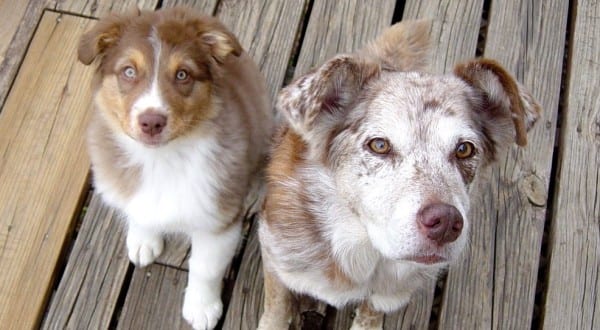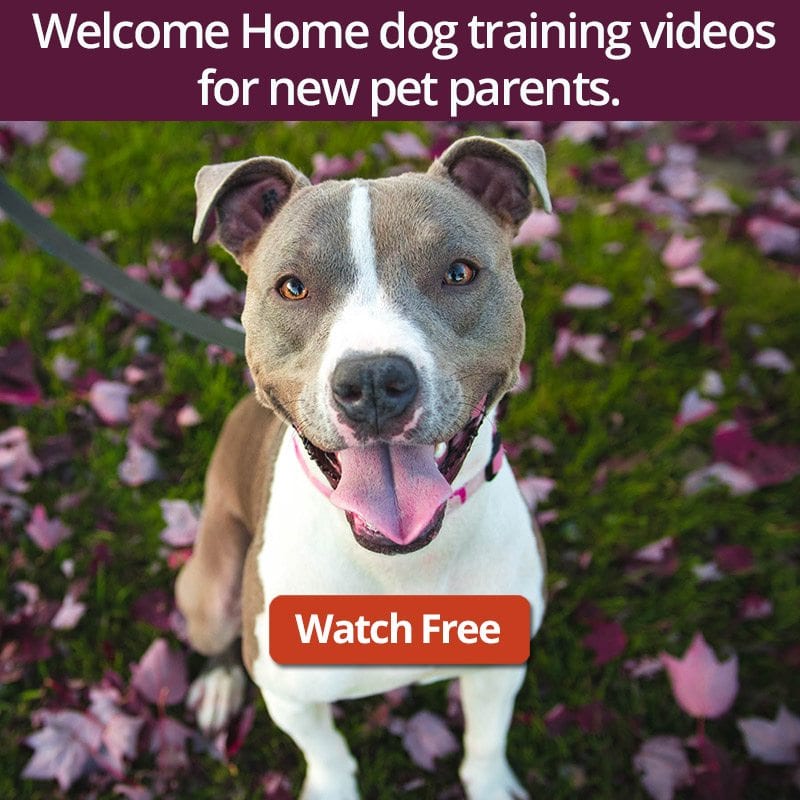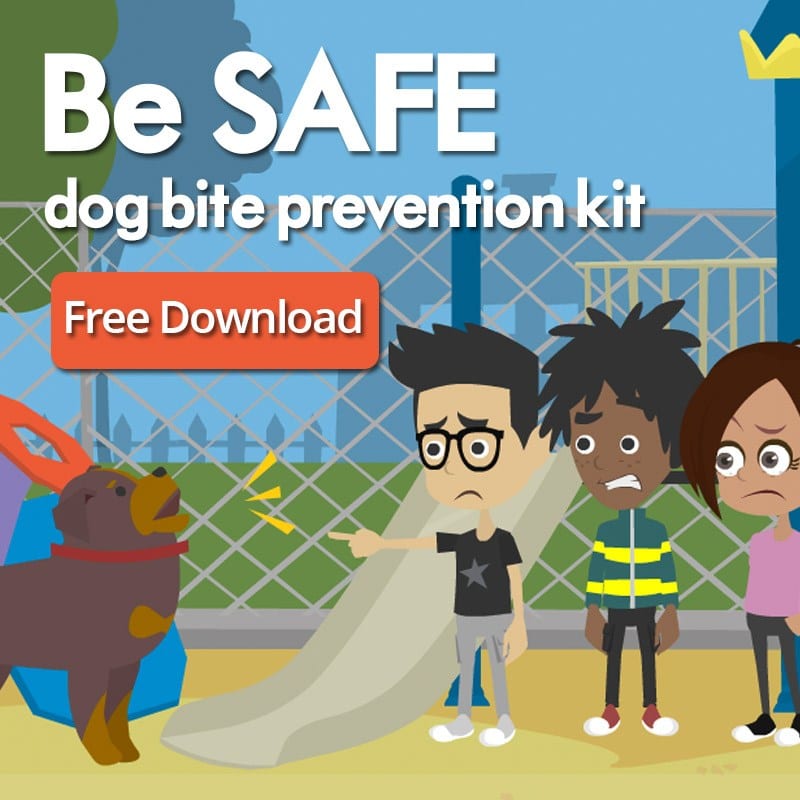Last week I talked about three essential things you want to do to and have ready before you bring your puppy home. In this week’s installment of the Welcome Home blog series, I’ll be discussing how you can minimize stress around first meetings. It may be the first meeting your puppy has with your spouse or your children. It may be the first time your puppy meets another dog or a cat. When you are preparing to bring your new pup home, the first meeting is always exciting for human and furry family members. Taking things slow and having a plan can minimize stress on everyone, especially your new pup.
Three tips for new pup introductions:
- Meeting Adults and Children-The first and most important family members to meet are the adults and children in your household. Try to do first introductions in a location just outside your home. Adults and children can practice feeding the new pup treats for keeping all four paws on the floor. Children may need guidance on how to gently touch and pet the new pup and reminders that puppies and dogs don’t like hugs or kisses the way that humans do. This is sometimes a difficult fact for adults to remember around a new puppy. Two other important safety rules, especially during puppy’s introduction are that children and pups must always be supervised and that adults are the only family members permitted to pick up puppies.
- Meeting Resident Dogs-Take advantage of your dogs’ most powerful sense and do a simple scent exchange between your new pup and resident dog/dogs. Before introductions, switch their collars or leashes. So when they do meet for the first time, there is an immediate scent familiarity. Have the initial meeting in a neutral location away from the home, perhaps down the street and definitely on leash. Have some treats on hand, so after initial sniffing, everyone can have a treat before you walk down the street and then into your home. Supervision is essential, as is some separation, so that neither puppy nor the older dog/dogs are overwhelmed.
- Meeting Resident Cats-Your feline family members need special consideration, as they may be less enthusiastic and most stressed by the arrival of the new pup. Have a management plan in place so that the cat always has real estate within the home that the puppy cannot access. Baby gates and having the puppy on-leash are a great way to create safe, calm interactions. Have special treats for cats on hand so that each time the cat encounters the puppy, something good happens. Do not allow the puppy to chase your cat.
Now that initial introductions have gone smoothly, you can start your puppy routines and management. Next week I’ll talk about how to get your puppy on a schedule to make everyone’s life easier.
Be sure and watch our companion video series to this blog series, Welcome Home, for new dog parents. Share how things are going and feel free to post a picture of your new puppy.







I think it’s great that you decided to write about this now as a lot of people have received dogs as gifts during the Christmas holidays.
My tip would be not to let your kids play with the dog too rough without you watching over them. Sometimes small kids don’t know there the line goes and almost end up hurting the dog which in turn can made the dog aggressive.
Have a good one, Jenn!
/Adam – The Doggy Institute